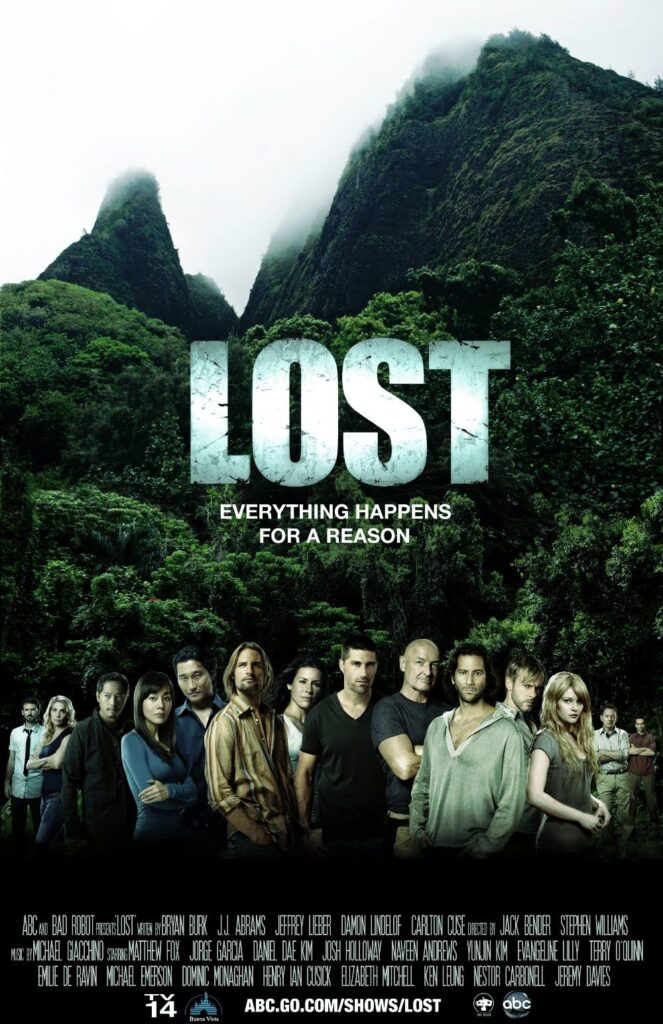Lost Christian Review

Sure, let’s delve deeper into “Lost” from a Christian perspective. This series takes us on a journey where survival on a mysterious island intertwines with profound themes that resonate with the human condition and Christian teachings.
Exploring Redemption and Purpose
In “Lost,” each character grapples with their past mistakes and personal demons. It’s like a modern-day purgatory where they confront their sins and strive for redemption. This theme hits close to home for Christians who believe in the transformative power of forgiveness and the quest for purpose in God’s plan.
The island serves as a crucible where the survivors of Oceanic Flight 815 face their deepest fears and vulnerabilities. This journey parallels the Christian walk, where individuals confront their brokenness and seek healing and restoration through faith. Characters like Sawyer, Kate, and Locke exemplify this struggle, mirroring biblical narratives of repentance and renewal.
Community and Sacrifice
One of the series’ poignant themes is the necessity of community and sacrifice. In the face of adversity, the survivors must learn to work together despite their differences. This reflects the biblical principle of loving thy neighbor and the importance of unity in the body of Christ.
Through their shared experiences and challenges, the characters discover the power of selflessness and empathy. They learn to lay down their lives for one another—a profound illustration of Christ’s sacrificial love. This resonates deeply with Christian values of compassion, service, and communal support.
Destiny and Free Will
“Lost” also delves into the philosophical tension between destiny and free will. The characters grapple with whether their lives are predetermined or if they have the power to shape their own futures. This existential dilemma prompts viewers to ponder divine providence versus human agency—a theme that has fascinated theologians and philosophers throughout history.
As the story unfolds, each character’s choices and actions shape their individual journeys. This mirrors the Christian belief in the responsibility of personal choices and the notion of being co-creators with God in shaping our lives. It invites reflection on how faith intersects with our decisions and the unfolding of God’s plan.

Spirituality and Supernatural Elements
The island in “Lost” is not merely a backdrop but a character in itself, shrouded in mystery and supernatural phenomena. This mystical aspect invites viewers to contemplate deeper spiritual truths and the unseen forces at play in our lives. It raises questions about faith, spirituality, and the existence of divine intervention—a theme that resonates with Christian teachings on the spiritual realm and God’s sovereignty.
Characters like John Locke embody this exploration of faith and destiny. Locke’s journey from skepticism to embracing the island’s mystical significance parallels the Christian experience of discovering God’s purpose and presence in unexpected ways. It challenges viewers to consider how faith shapes our understanding of the unknown and our place in the grand narrative of life.
Ethical Dilemmas and Moral Choices
Throughout “Lost,” characters face moral dilemmas that test their integrity and values. From decisions about trust and loyalty to sacrifices for the greater good, these ethical challenges resonate with Christian ethics and teachings on moral discernment.
The series confronts viewers with complex scenarios where characters must navigate between right and wrong, often in dire circumstances. This narrative complexity invites reflection on biblical principles such as justice, forgiveness, and the ethical implications of our actions. It prompts us to examine how faith informs our moral compass and shapes our responses to ethical challenges.
Representation of Sin and Redemption
Central to “Lost” is the theme of sin and redemption. Each character carries a burden of guilt or regret from their past, struggling to find healing and reconciliation amidst the chaos of the island. Their journey towards redemption mirrors the Christian narrative of sinners seeking forgiveness and spiritual renewal through Christ’s grace.
Characters like Jack, haunted by personal failures, and Sawyer, grappling with a life of deceit, exemplify this journey. Their arcs depict the transformative power of grace and the possibility of redemption—even in the most broken of circumstances. It underscores the Christian belief in God’s unconditional love and the hope of restoration through faith.
Conclusion
In conclusion, “Lost” captivates audiences with its intricate storytelling and profound exploration of existential themes. It challenges viewers to ponder life’s big questions—about purpose, destiny, and the search for meaning—in light of Christian teachings and principles. While its narrative complexity and ambiguous resolutions may not appeal to everyone, the series offers a compelling narrative that resonates with the complexities of faith and the human experience.
Ultimately, “Lost” invites us on a journey of self-discovery and spiritual reflection, where the island becomes a metaphor for life’s trials and the quest for deeper truths. It’s a testament to the enduring power of storytelling to provoke thought, inspire introspection, and illuminate aspects of our shared humanity through the lens of Christian values and beliefs.





